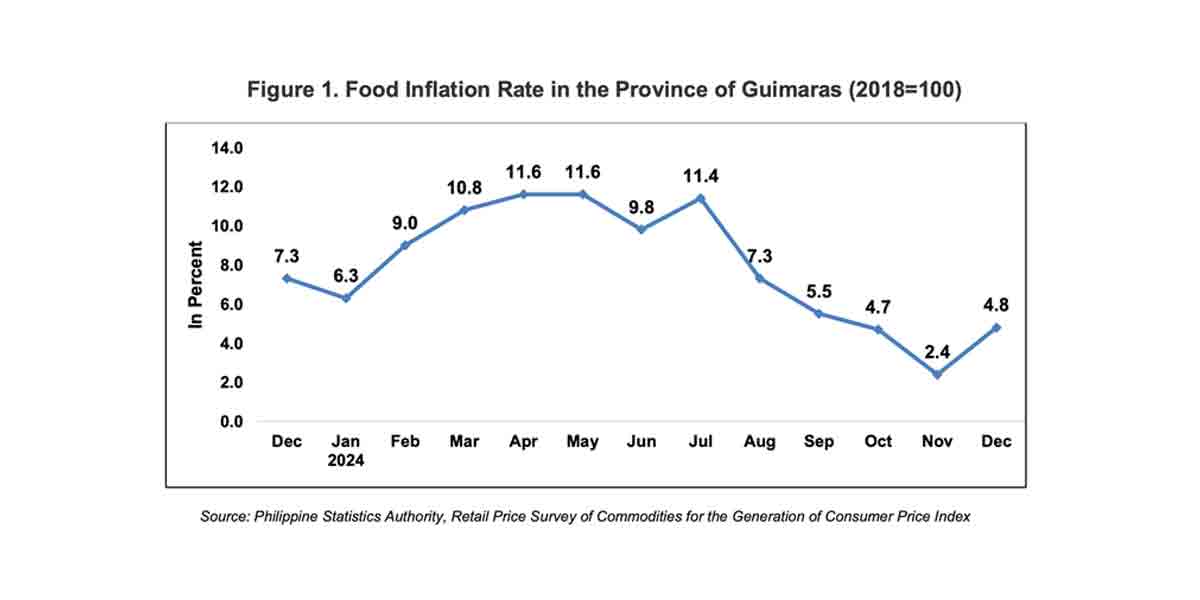By Fr. Roy Cimagala
THE Letter to the Hebrews (5,1-10) provides us that description that gives light to the nature, character, purpose, etc. of the priesthood. “For every high priest taken from among men, is ordained for men in the things that appertain to God, that he may offer up gifts and sacrifices for sins,” it starts.
Already with these words, we are made to realize first of all the underlying truth of our faith that God and man indeed share the same life and nature. Because of this and of our human condition here on earth, marked with our woundedness that needs to be healed in time, some men are ordained to lead men back to God.
These men, of course, enjoy some special grace, a special vocation, that would conform them to be another Christ as head, and not just a member, of the living body of Christ which is the Church. Through Christ’s and now the Church’s sacrament of Holy Orders, they have an authority that is a sharing of that of Christ that empowers them to lead others to God.
Still, a succeeding passage gives us an interesting detail about priests. He “can have compassion on them that are ignorant and that err, because he himself also is compassed with infirmity. And therefore, he ought as for the people so also for himself to offer for sins.”
These words simply tell us that priests are also like anybody else, subject to the same wounded condition. And yet that woundedness, instead of being a pure liability, can be taken advantage of by making it an occasion to grow in greater love for God and others through repentance, conversion and atonement.
This can be validated in that gospel episode where a sinful woman barged into a party where Christ was invited by a Pharisee and anointed Christ with the oil she brought. When the host was quietly critical of Christ for allowing the woman to anoint him, Christ corrected him. “I say to you,” said Christ to the host, “her sins, which are many, are forgiven, for she loved much. But he who is forgiven little, loves little.” (Lk 7,47)
This should be the proper attitude all of us should have in the context of our unavoidable sinfulness. We can turn that sad condition around if we would only go back to Christ asking for forgiveness which Christ is most willing to give. We should never run away from Christ because of our sin. Worse things can only take place that way.
Still another passage gives us an enlightening if challenging detail about priesthood. “Whereas indeed he was the Son of God, he learned obedience by the things which he suffered, and being consummated, he became, to all that obey him the cause of eternal salvation.”
Our life, and especially that of priests, is always a matter of obedience to God’s will. But given our wounded condition, that obedience commands a great price—that of all the unavoidable suffering we have to go through in this life.
In effect, we should not only expect suffering in our life. We should rather look for it if only to develop this obedience we ought to have to the will and ways of God. Of course, this lifestyle of developing obedience through suffering should be lived with naturalness. But the cross of suffering, in any form, should be made an indispensable element in our life.
Email: roycimagala@gmail.com



















